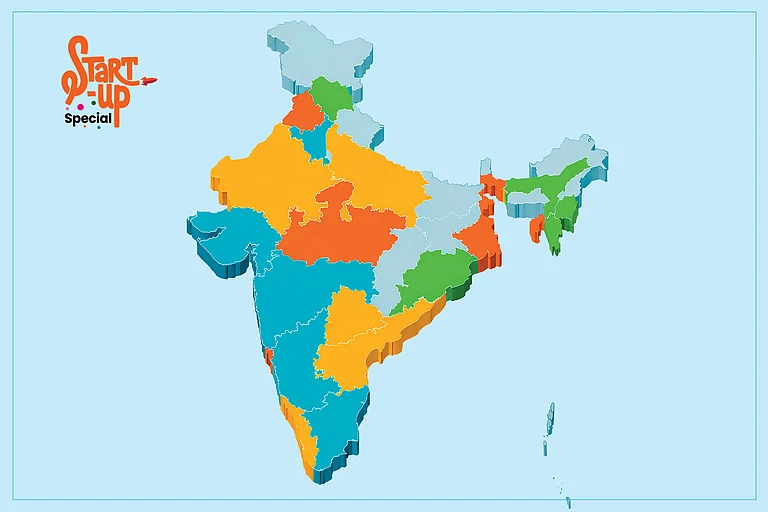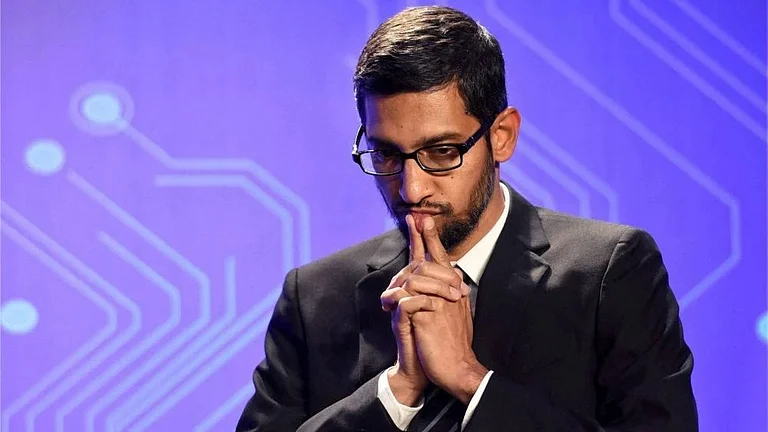
Reliance writes off ₹1,645 cr quick-commerce investment in Dunzo
Dunzo’s app and website went dark in January 2025 amid liquidity crisis
25.8% stake acquired in January 2022 now fully written off
Valuation plummeted from over $775 M to ₹300 cr with no buyer
Reliance Industries has officially written off its entire ₹1,645 crore (approximately $200 million) investment in quick-commerce platform Dunzo, according to its FY 25 annual report. Reliance Retail Ventures had acquired a 25.8% stake in early 2022, backing Dunzo’s promise of sub-hour delivery for groceries and essentials.
The decision follows Dunzo’s app and website going dark in January 2025, after co-founder and CEO Kabeer Biswas departed and repeated rounds of layoffs. Despite raising over $450 million from investors such as Google and Reliance, the start-up struggled with unpaid salaries, dwindling cash reserves and operational cutbacks.
In the months before its collapse, Dunzo explored acquisition discussions with several strategic partners, but no deal materialised. Creditors subsequently approached the National Company Law Tribunal over unpaid dues, underscoring the start-up’s precarious financial position.
Reliance’s ₹1,645 crore write-off ranks among the biggest in India’s tech ecosystem, alongside Prosus’ $500 million loss on Byju’s and Info Edge’s ₹276 crore charge on 4B Networks. Dunzo’s downfall may prompt investors to reevaluate unit economics more closely before backing similarly ambitious delivery ventures.
Background
Reliance Retail led a funding round of $240 million for Dunzo, with Reliance itself injecting $200 million for a 25.8% stake in the Bengaluru-based quick-commerce start-up, elevating the valuation to over $775 million.
The move aimed to strengthen JioMart’s last-mile delivery network by tapping into Dunzo’s existing logistics infrastructure. At the time, quick commerce was seen as a pivotal growth area, and Reliance sought to accelerate its e-commerce ambitions through the partnership.
However, by FY 22–23 Dunzo began to show alarming signs of financial distress. The company reported a net loss of ₹1,800 crore, a sharp escalation from previous years, as operating expenses, particularly advertising outlays and employee benefits soared.
The troubles intensified when several co-founders, including Mukund Jha, Dalvir Suri and Ankur Agarwal, left the company, and CEO Kabeer Biswas departed in early 2025. By late 2024 and into early 2025, Dunzo’s digital platforms went offline, effectively halting its services and underscoring the start-up’s collapse.
Dunzo’s Downfall
Dunzo started in 2014 by offering a WhatsApp-based concierge service that evolved into a full-fledged delivery app. The start-up made a pivot to quick commerce in 2021–22, offering grocery deliveries in under 20 minutes through dark stores.
The quick commerce model required significant capital, infrastructure, and logistics management. Dunzo rapidly scaled its dark store network, burning immense cash, reportedly over ₹230 per order at its peak.
While revenues grew modestly, the company’s expenses ballooned, leading to a net loss of over ₹1,800 crore in FY23. Operational missteps, such as overstretched delivery timelines, rider dissatisfaction, and unsustainable marketing spends (like IPL sponsorships), worsened the situation.
Reliance’s investment although brought in cash, it also gave them veto powers, which allegedly stifled further fundraising. By 2023, Dunzo faced a severe liquidity crunch. Funding dried up, layoffs followed, and the company began defaulting on vendor payments and delaying employee salaries. Multiple co-founders resigned, and morale within the company collapsed.
By early 2025, Dunzo’s app and website went offline, effectively ceasing operations. Around the same time, its CEO Kabeer Biswas exited to join Flipkart’s quick-commerce vertical. Creditors filed insolvency proceedings, and Reliance formally wrote off its $200 million investment in its FY25 annual report. Once valued at over $800 million, Dunzo’s worth reportedly plummeted to around ₹300 crore, with no clear acquisition or revival path.
Faced with mounting losses and a non-functional business, Reliance Industries formally wrote off its entire investment in Dunzo. This write-off marked Reliance’s total withdrawal from any further funding discussions or distress-sale talks.
With Dunzo’s valuation plummeting to around ₹300 crore, the company’s leadership, including former CEO Biswas, began exploring acquisition opportunities with high-net-worth individuals and family offices, although previous negotiations with entities such as Swiggy and Tata’s BigBasket failed to materialise.


































